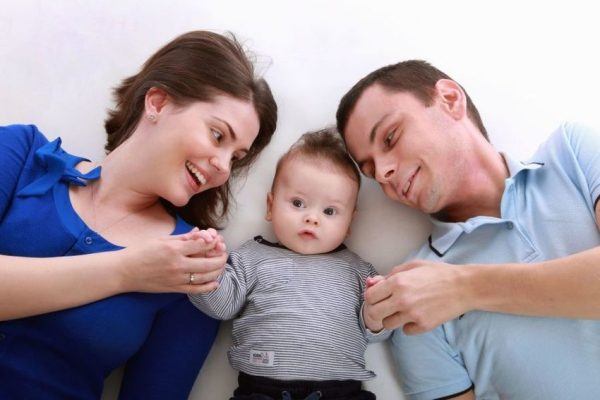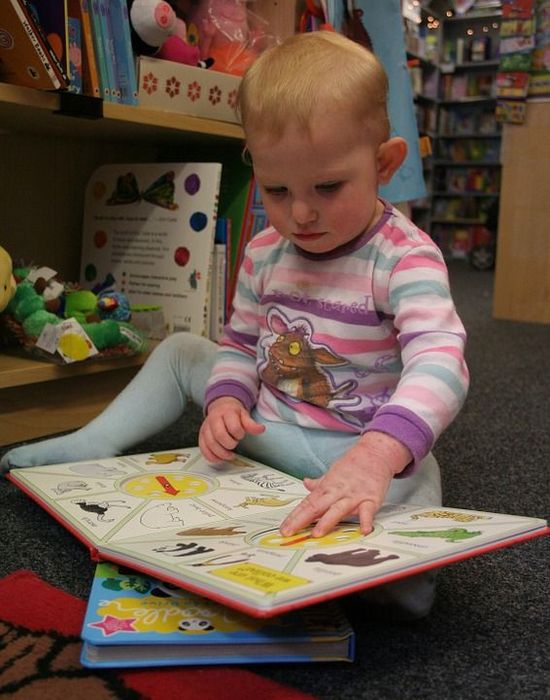Every parent wants nothing more than for their children to grow up to be happy, healthy, and successful as adults. Parents do things like sign their children up for extra-curricular activities and limit their time in front of the television to try and help their child become as intelligent and well-rounded as possible.
However, regardless of how much a parent tries to nurture their child’s intellectual development, some things are just out of their control.

A team of researchers at Edinburgh University just completed a study that found that nature is far more important than nurture when it comes to intelligence. After exploring the link between IQ, genes and overall health, experts found that there are a series of shared genetic influences between cognitive skills, brain size, body shape and educational attainments.
This means that some physical attributes, such as the size of a baby’s head, can say a lot about how intelligent they will be when they are older. The researchers looked at data from 100,000 participants between the ages of 37 and 73, and they came to the conclusion that babies born with big heads were far more likely to be intelligent.
They concluded this after looking at blood, urine and saliva samples as well as the participants’ lifestyle habits and backgrounds.
“Highly significant associations were observed between the cognitive test scores . . . and many polygenic profile scores, including intracranial volume, infant head circumference and childhood cognitive ability,” the researchers wrote in their study, which was published in the Journal of Molecular Psychiatry.

Babies born with big heads also have a higher chance of getting better scores on verbal-numerical tests and obtaining university degrees.
“The study supports an existing theory which says that those with better overall health are likely to have higher levels of intelligence,” researcher Saskia Hagenaars explained.
The average newborn is born with a head circumference of about 13.5 inches, but it will typically grow to at least 15 inches within the first month. Though boys typically have larger heads than girls, the difference is less than half an inch.

“A large cranium could simply be a reflection of a bigger-than-average-headed mom or dad. One thing is for certain, it’s not an indication of a learning disorder or disability,” the researchers said.
Other factors can also indicate whether your baby will be intelligent, including your child speaking a large vocabulary at a young age, strong motor skills, ability to recall past memories clearly, preferring to hang out with older people and extreme curiosity.
COMMENTS POLICY: We have no tolerance for messages of violence, racism, vulgarity, obscenity or other such discourteous behavior. Thank you for contributing to a respectful and useful online dialogue.